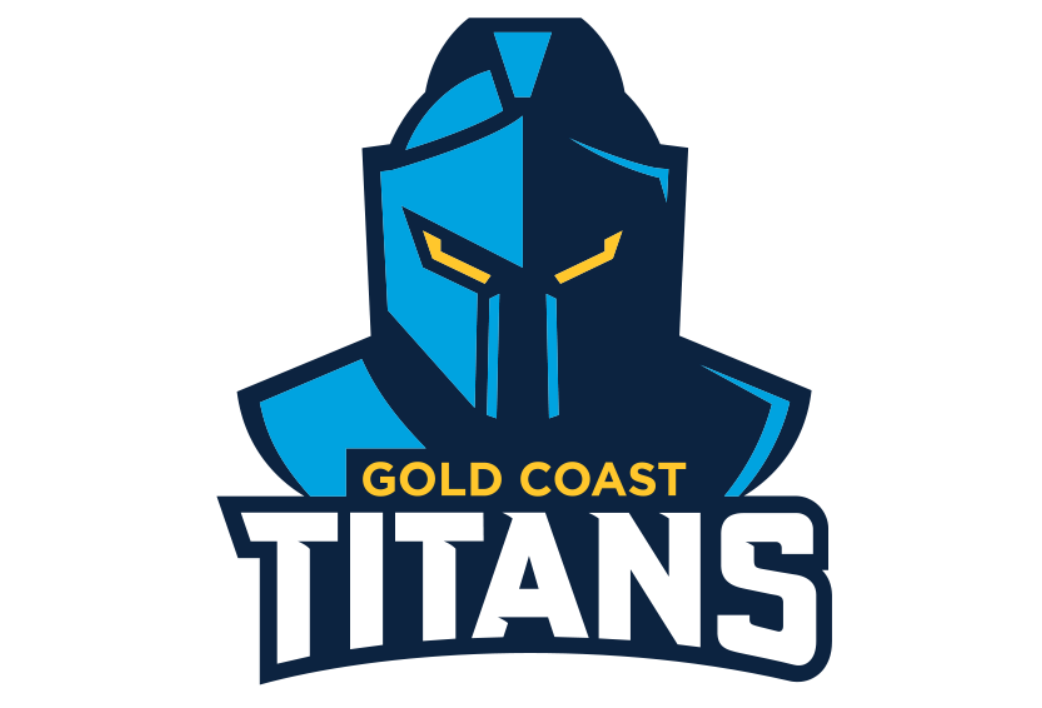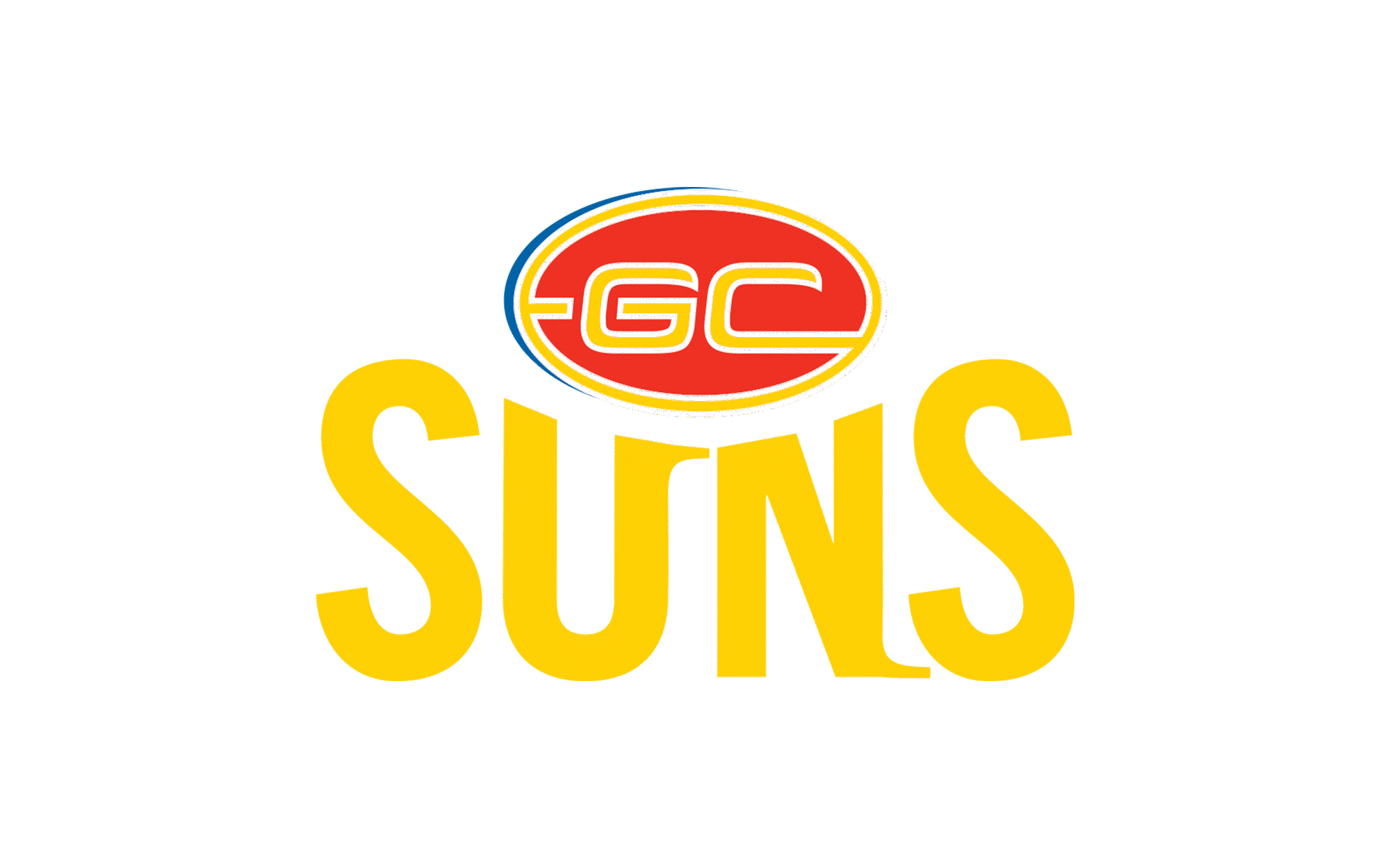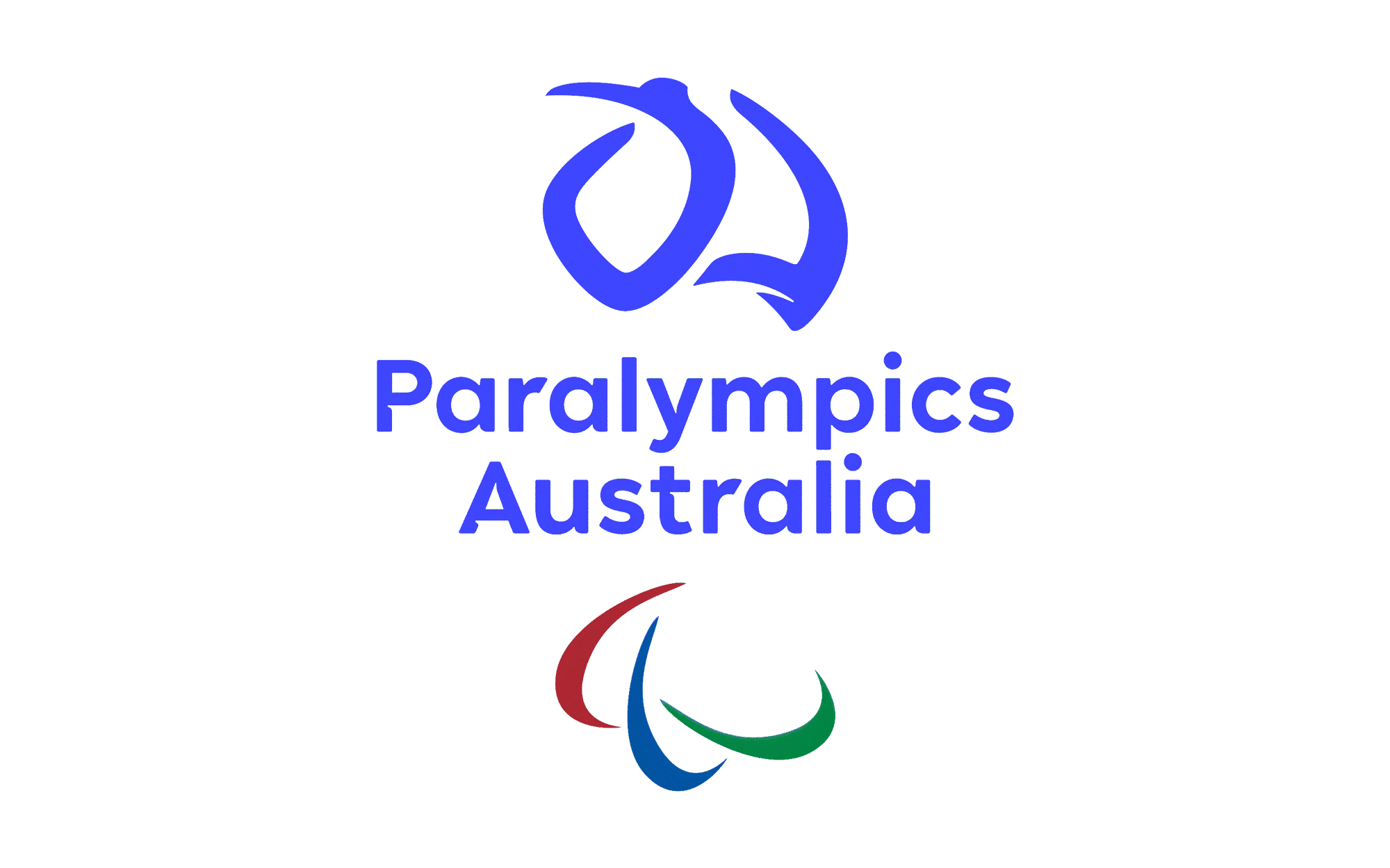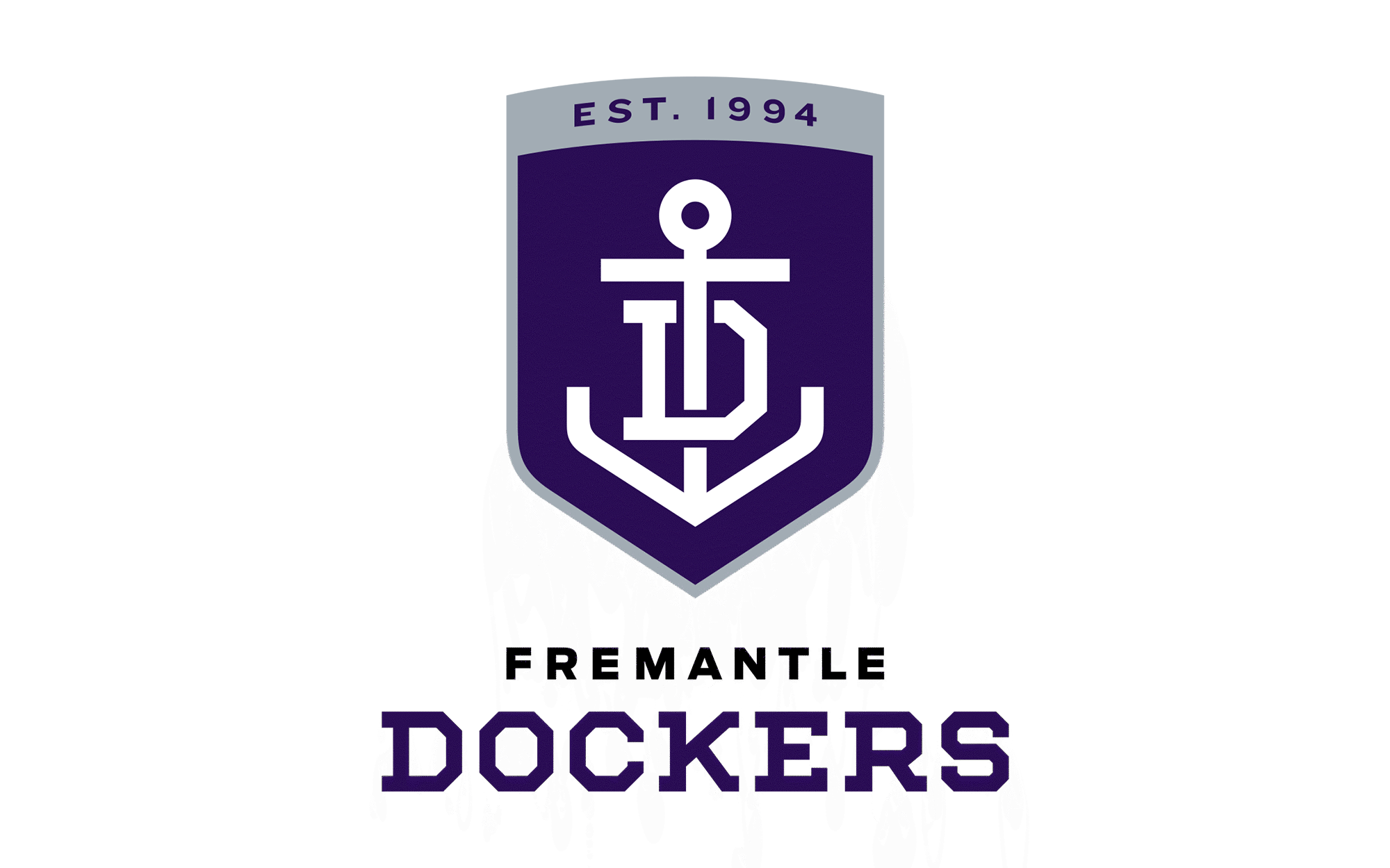March Madness, NIL rights and the student-athlete moment.
March Madness is a unique American obsession.
Every year – with the notable, pandemic-hit exception of 2020 – 68 of the best US men’s and women's college basketball teams run a knockout gauntlet to determine the NCAA Division I champions. With games played in a three-week flurry, the appeal stretches far beyond university students and alumni and deep into the national consciousness.
The tournament is a reliable source of high ratings for broadcaster CBS, despite a low 16.9 million audience for the 2021 final between Gonzaga and champions Baylor. But it dominates the mainstream sports conversation some way beyond that.
A 2022 study by the Chicago-based career consultancy firm Challenger, Gray & Christmas has claimed that March Madness will cost employers $16.3 billion in lost productivity. That may be an overstatement, but the unpredictability of the tournament format does capture the popular imagination like few other US sports events and generates captivating stories every year.
Central to many experiences of March Madness is ‘the bracket’ – a full set of predictions made after the first round draw. That has gone from a social ritual to a baseline promotional play, with ‘bracketology’ at the heart of many brand activations. This year, youth-focused sports media company Overtime will issue randomised brackets to the holders of its $80 NFT passes, which they can then trade on the Magic Eden marketplace to improve their chances of sharing in a $100,000 prize pot.
Meanwhile, the liberalisation of sports gambling laws in states across the US will encourage another set of predictions. The American Gaming Association has estimated that $3 billion will be wagered during the competition, with 17 per cent of US adults expected to make at least one bet.
Above all, however, what attracts fans to March Madness is its sense of opportunity. Student-athletes take the floor from the professionals for the month and while some will have NBA careers ahead of them, there is no telling who the breakout stars will be.
That is especially significant for March Madness this year. This will be the first edition since the NCAA, college sport’s organising body, introduced new rules allowing student-athletes to earn income from their name, image and likeness (NIL) rights. It was a landmark change, ending decades of vigorously enforced amateurism for the protagonists in events that had come to be worth billions of dollars.
A few months on, the NIL market is still taking shape. Major corporations have entered the space – from carmaker Mercedes to deodorant brand Degree – with many of them spreading their net wide through programmes that can bring in dozens of college athletes nationwide. A few deals have been straightforward personal endorsements, like Gatorade’s partnership with UConn Huskies women’s basketball star Paige Bueckers.
State laws make certain agreements more viable in different parts of the country. Intriguingly, some universities have begun exploring the limits of collective NIL deals, where they pool athletes’ rights and guarantee payments to certain prospects. The Athletic reported in March that one college had signed a high school football player to an $8 million deal funded by a collective NIL arrangement.
However, for many student-athletes – not least the fleeting stars of March Madness – the opportunities that arise may be smaller but no less powerful. Some will arise from the peculiar stories of their on-court success, others from the heroic status they attain in local communities.
March Madness will represent the peak of many players’ sporting lives. For them, agile, responsive solutions that connect the right partner to the right people at the right time could be the best way of making that one shining moment count.
Subscribe to our newsletter to receive the latest news and exclusive offers. No Spam!
Thankyou.
We’ll be in touch shortly.



